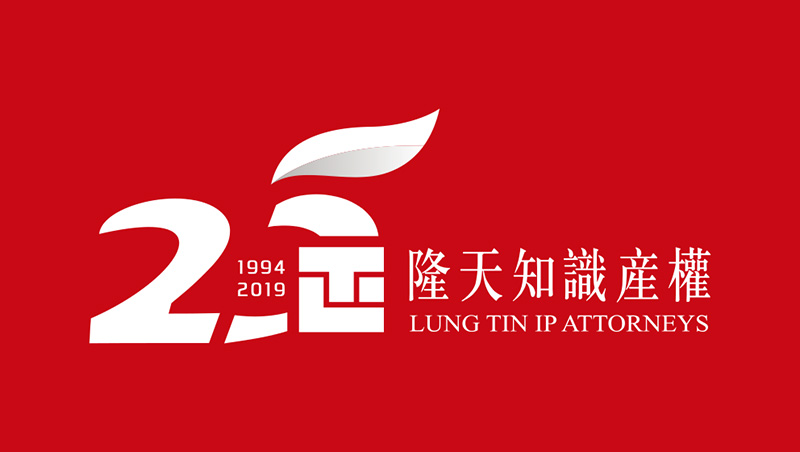2019 E-commerce Intellectual Property Summit hosted by People’s Daily Online was launched in Beijing.
Guests exchanged their views on such issues as intellectual property system and E-commerce intellectual property protection from the perspective of policy, academics and E-commerce exploration.
In recent years, E-commerce platforms including Alibaba have been cracking down on counterfeit products both online and offline in such fields as brands, professions, technologies and blockchain, and have been encouraging public participation. In this way, they have protected legitimate rights and interests of consumers and rights owners, fight against infringement and solved many long-standing issues, thus promoting China’s E-commerce intellectual property protection. Meanwhile, constant development of E-commerce economy gives rise to new business forms and causes new problems in intellectual property protection, posing a great barrier to the sound development of the industry.
Luo Hua, editor-in-chief of People’s Daily Online, said that E-commerce intellectual property protection requires collaboration of rights owners, E-commerce platforms, government regulators, media and the public. People’s Daily Online, as a major news portal of China, will make efforts to promote the implementation of innovation-driven development strategy and encourage innovation of science and technology, business models and industries.
In his speech, Mao Jinsheng, inspector of the Department of Intellectual Property Protection of National Intellectual Property Administration (NIPA), said that at present, great headway has been made in E-commerce intellectual property protection. In terms of NIPA, it has promoted the revision of relevant laws and regulations, including the E-commerce Law; launched special campaigns to strengthen law enforcement and rights protection in this field; and provided guidance and legal assistance for E-commerce platforms.
According to Peng Bo, chair professor of School of Journalism and Communication of Peking University, the Internet experiences a two-stage development, namely information technology (IT) and digital technology (DT). In the era of DT, the meaning of intellectual property will also be changed, and the use of new technologies such as blockchain and artificial intelligence (AI) can help better protect intellectual property rights. For example, the blockchain technology can be used to establish an open, low-cost, tamperproof and interconnected global database so that registered intellectual property and trademark can be added to “blocks” and then connected to the “blockchain”.
In recent years, China’s E-commerce has witnessed a constant and fast development with an increasingly larger market scale. This has promoted the economic and social transformation and helped meet people’s ever-growing needs for a better life. However, during this process, E-commerce intellectual property protection also faces challenges. This summit keeps up with the times, follows latest developments of the industry and aims to encourage communications among different parties, including government officials, businessmen, scholars and media, thus helping to improve intellectual property protection system, enhance competitiveness of China’s economy and strengthen intellectual property protection of E-commerce platforms.


